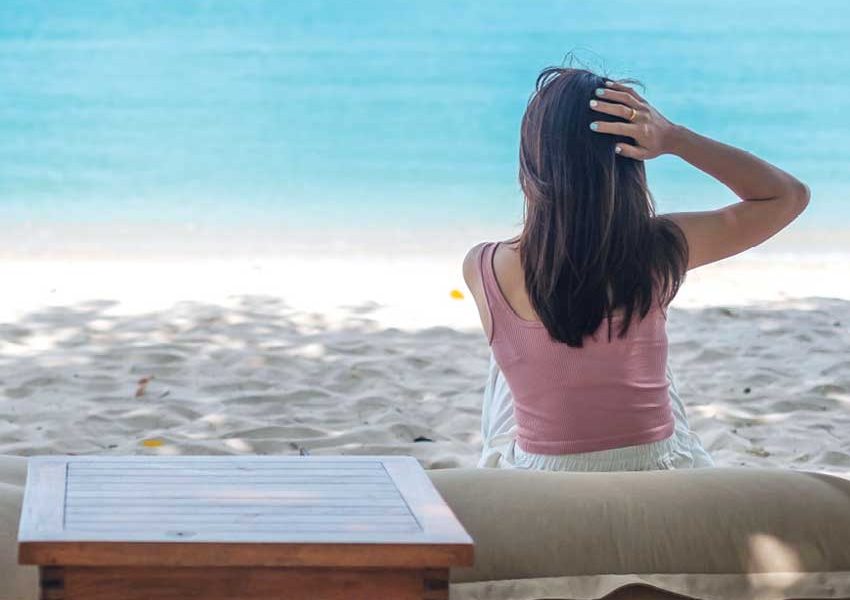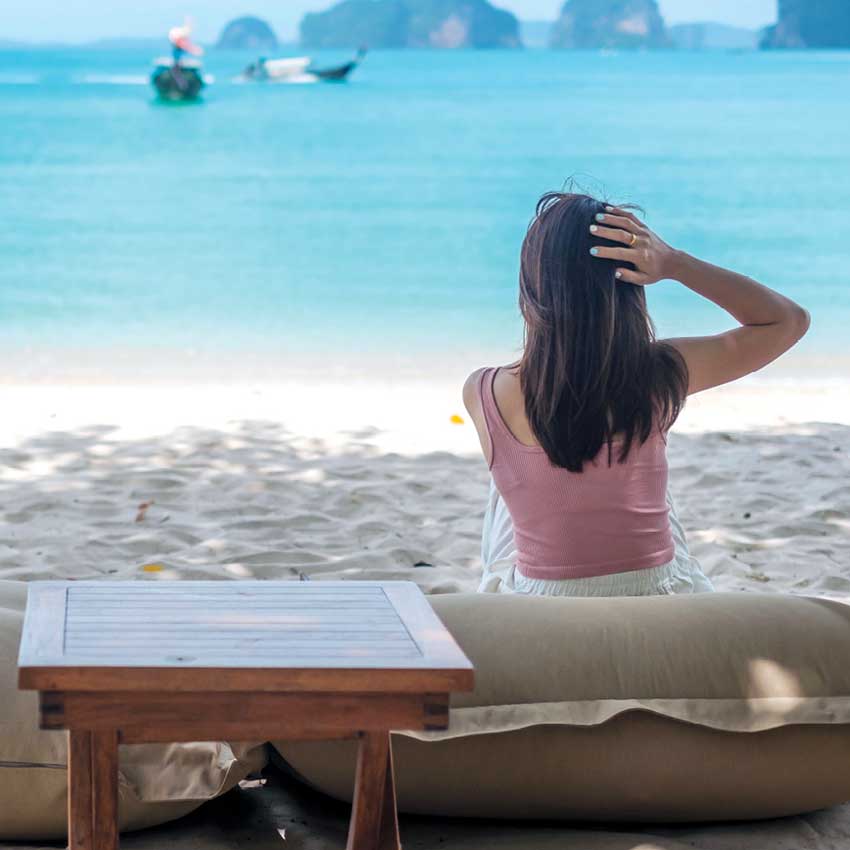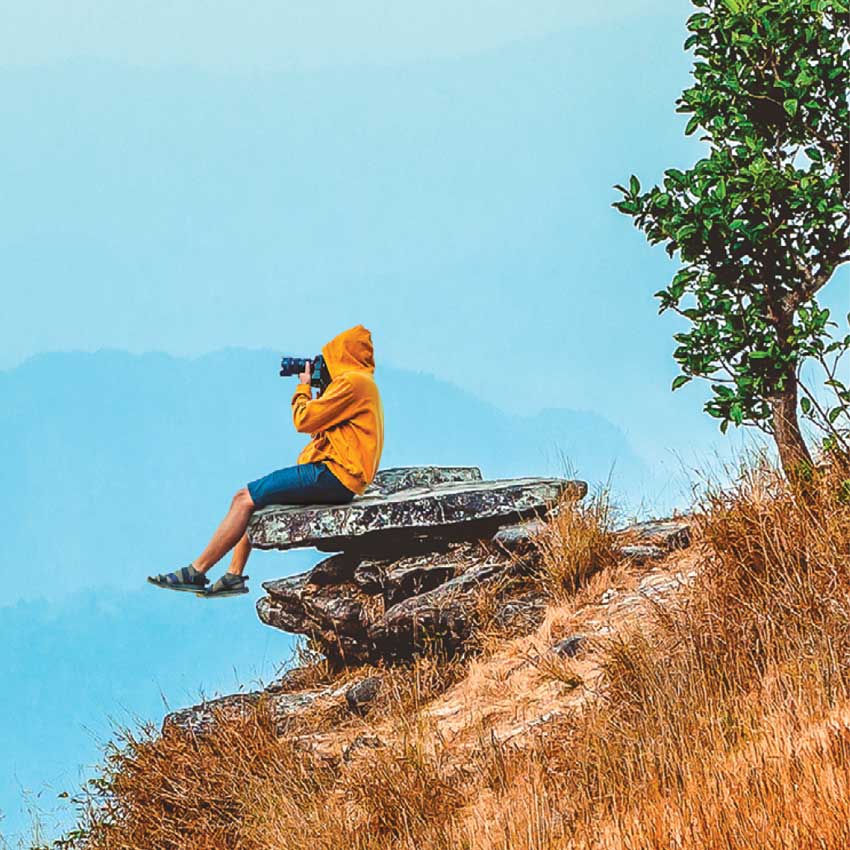Enjoying Solitude on Vacation
BY Pallavi Pinakin
Travelling alone can be exciting, illuminating and wonderfully self-indulgent. You get to spend your time exactly as you please, in your own style and at a relaxed pace. If you’ve always travelled with your partner, family or friends however, it can certainly seem rather daunting.
So here are a few recommendations to help you have a fantastic ‘vacation for one’…
ALL YOUR NEEDS First-time solo travellers should invest some energy thinking about what they really want from their trip. If you want to connect with new people, then choose a destination where you speak the language and can interact easily with the locals.
But if you’re prone to anxiety and stress, opt for a well organised and safe city where things work efficiently. If you thrive outside your comfort zone, explore remote and adventurous options.
Use a similar approach to pick accommodation. Hostels offer the most social experience while a low-key guesthouse or small hotel provides tranquillity. For an authentic immersion in local culture, a homestay is your best bet.
DINE OUT ALONE Discover the joy of eating in solitude. Visiting restaurants is one of the most awkward experiences for new solo travellers – and that’s why so many people restrict themselves to fast food or a quick meal from street vendors.
The only way to get over this fear is to bite the bullet and go out for a nice meal on your own. Order exactly what you like and enjoy each morsel at leisure. Foodies can sign up for culinary group tours. Not only is this a great way to explore the local food culture but it also gives you a chance to meet like-minded people and socialise for a few hours.
BE PREPARED When travelling alone, you might receive a certain amount of unwanted attention – especially if you’re a woman or easily identifiable as a foreigner. Do your homework and find out which areas to avoid. Your concierge, receptionist or host will likely provide useful advice and so will online travel discussion boards.
Learn to say ‘no, thank you’ in the local language, as well as the most common nonverbal gesture for ‘no’ – because it can prove more effective at times.
Finally, be sure to save copies of vital documents (for example, passport and visa), as well as essential emergency numbers (police, ambulance and tourist helplines) on your phone. Also, keep a set of physical copies in your luggage and handbag or backpack.




